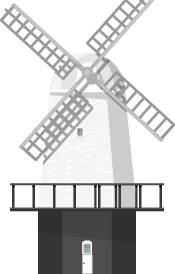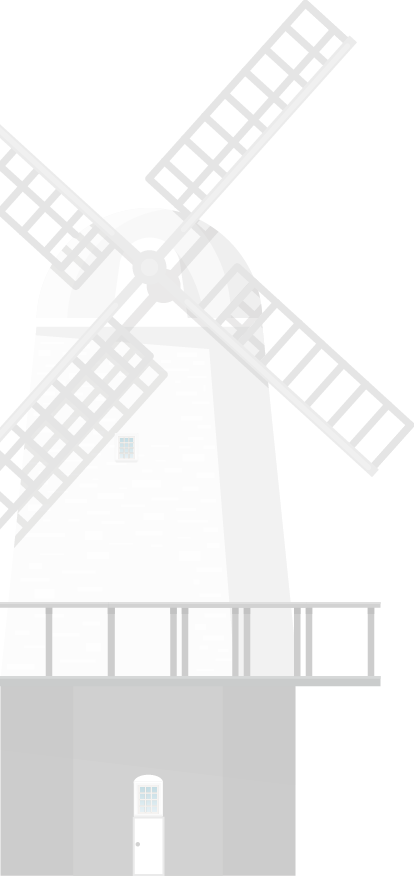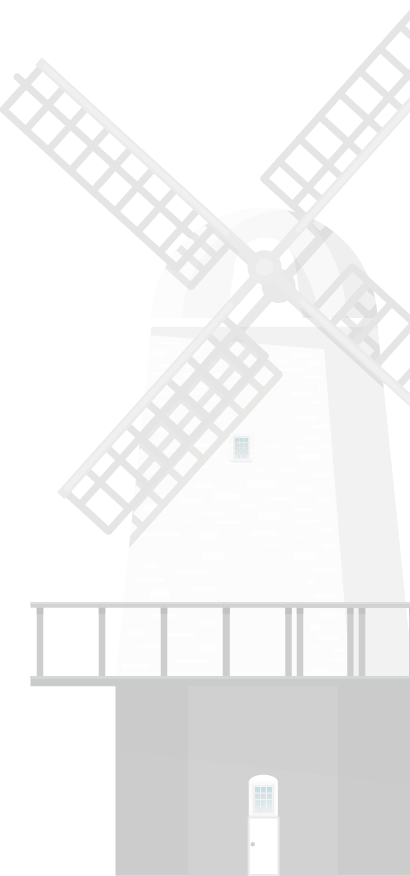Early Years (Diamond Class)
Welcome to our Early Years. This page provides you with everything you will need to know about life in our Reception Class. We hope you will find it useful, but if you have any further questions then please do not hesitate to contact a member of the EYFS team.
Staff
- Class Teacher: Mrs E Dodge
- Learning Support Assistant: Miss M Barrow
- Apprentice Teaching Assistant: Miss R Callow
..
Transition
At Cranbrook Primary, we pride ourselves in having strong links and effective transition arrangements, to ensure pupils have opportunities to visit the school prior to starting, and settle quickly once they begin with us. Throughout the year, EYFS staff engage in activities in the local nurseries, to build links with the nurseries and so children can become familiar with staff. We invite local nurseries to join us for events during the year, including the Christmas Nativity. One we know which children are joining us, every feeder pre school and Nursery is visited before the children start in September. Taster sessions take place in the summer term before children start, so they are familiar with the school classroom, staff and their new peers. These are initially run with parents in attendance, followed by a session where the children experience an afternoon at school whilst parents meet for a cup of tea elsewhere in the school, providing an opportunity for them to meet key staff and other parents.For more information, please see our Prospective EYFS Parents page.
'Time with the Team'
Home visits take place in the first weeks of the autumn term. At this meeting, the class teacher and another member of the Early Years team will talk to parents and carers informally, but also ensure all details about their child are recorded. Parents also have the opportunity to ask any questions and ensure any important information is shared. This is also a special experience for the child, as it allows them to be seen in their own environment and share their personal interests and experiences with members of staff. For children who already have siblings at Cranbrook Primary, you will be invited to a 'Time with the Team' meeting in your child's new classroom.
Curriculum and Topics
Children in The Early Years Foundation Stage follow the Statutory Framework for the Early Years Foundation Stage. Practitioners are guided by Development Matters 2021. There are seven areas of learning and development that shape our educational programme. All areas of learning and development are important and inter-connected.• communication and language
• physical development
• personal, social and emotional development
• literacy
• mathematics
• understanding the world
• expressive arts and design
Reading
Within the first month of term 1, children will be sent home with school reading books. These may initially be picture books, which should de discussed with your child, offering them opportunities to tell the story in their own words, predict what may happen next and make links to their own experiences. Once your child is more familiar with the process of recognising letter sounds and reading simple words, books with simple sentences will be sent home.We follow the 'Little Wandle Letters and Sounds revised' phonics scheme at Cranbrook. Children will receive a new phonics book every Friday, matched to their current ability, and sounds that have been taught. This is in line with the latest reading guidance and adheres strictly to advice from Little Wandle and will be referred to as their reading practice book. We strongly encourage you to ask your child to read this book at least three times with you at home during the week. These individual reads could mirror the reading practice at school which concentrate on decoding (sounding out and blending), prosody (reading with expression) and comprehension (understanding). These all count as individual reads and should be written in your child’s contact book. This repeated reading will help your child develop the level of fluency required to comprehend the texts they are reading. These independent reading practice books will be changed on Fridays and contact books will continue to be checked daily.
The reading practice book will be at the correct phonic stage for your child. They should be able to read this fluently and independently. If your child is reading it with little help, please don’t worry that it’s too easy – your child needs to develop fluency and confidence in reading. Listen to them read the book. Remember to give them lots of praise – celebrate their success! If they are finding a word difficult after trying to decode, please read it to them. After they have finished, talk about the book together.
Your child will also be able to bring home a sharing book on Tuesdays and Fridays. This will be a book of their choosing based on their interests, from either the school or class library. Your child will not be able to read this on their own and have chosen this book for you to read and enjoy together. Please ensure books are sent back to school in your child's folder on these days, with a record of reading in their communication book, so that staff are able to provide new books.
..
A copy of the high frequency words can be found here.
High Frequency Word List
Home learning
In the autumn term, home learning (alongside reading) will consist of a daily phonics book for children to practise their sounds and writing the letters. In the spring term, children will be expected to complete some home learning every week. Home learning will be work related to learning that has taken place in the classroom. It will be sent home on a Friday and needs to be returned to school by the following Wednesday.
Behaviour and Rewards
Our Behaviour Regulation Policy exists to strengthen and support the Christian identity of our school, reaffirms our vision and our associated values of perseverance, ambition, respect and kindness and celebrates the central role that each child has to play in their school community.
The school has four rules, produced by our School Council, which centre on our school values:
These are:
✓ Perseverance: Keep trying.
✓ Ambition: Always be your best and aim high.
✓ Respect: Respect everyone and everything.
✓ Kindness: Show good manners and be polite.
We encourage, reward and support our children to show these rules and values through:
- Use of a Recognition board in every classroom to make the hard work of our pupils visible
- Weekly ‘Hot Chocolate with the Head’ for children who consistently show our school values.
- Weekly Shine awards to recognise exceptional effort.
- Termly Headteacher Values awards.
- Values stickers
- Postcards home
More information can be found in our Behaviour Policy
Equipment
Every child should have the following named equipment at school:
- Water bottle
- Book bag
- Change of underwear
- Suitable coat with hood
..
PE
From term 2, children will have a PE session every week and will need to wear their PE kits into school on their PE day. Details of which items are required for PE can be found in our Uniform Policy. Information on your child’s PE day is sent out at the start of the academic year.
School Day
The school gate opens at 8:30am. Children arriving will go straight into class to begin well-being welcome activities. Please ensure your child is in school by 8.45am, after which point the school gate will be closed and your child will be marked as 'late' in the register. In EYFS, school finishes at 3pm and children should be picked up by the EYFS gate. Please contact the School Office if you are running late or somebody different needs to collect your child. Teachers are not responsible for your child after this time.
Morning snack
Children in EYFS are currently entitled to free fruit each day and free milk before they are 5. Please register your child for milk on enrolment. Once your child reaches their fifth birthday, you can choose to pay for milk should you wish for your child to continue to receive it. Please see the School Office for more details.
Lunch
Lunch time for Reception is 12-1pm. In Reception children are currently entitled to a free hot meal. They will be asked to state whether they are having a school dinner or a packed lunch every morning. If your child is bringing a packed lunch then the box or bag will need to be clearly labelled with your child’s name and class. Packed lunches should be healthy in content, with no chocolate, sweets or fizzy drinks.
Comments from latest Ofsted report (EYFS rating: Outstanding)
'Careful and detailed planning of activities and a range of interesting and exciting resources in the classroom and outdoors enable pupils to make outstanding progress. Children are given freedom to explore and learn in a variety of ways and this helps to fire their imagination and curiosity.'








